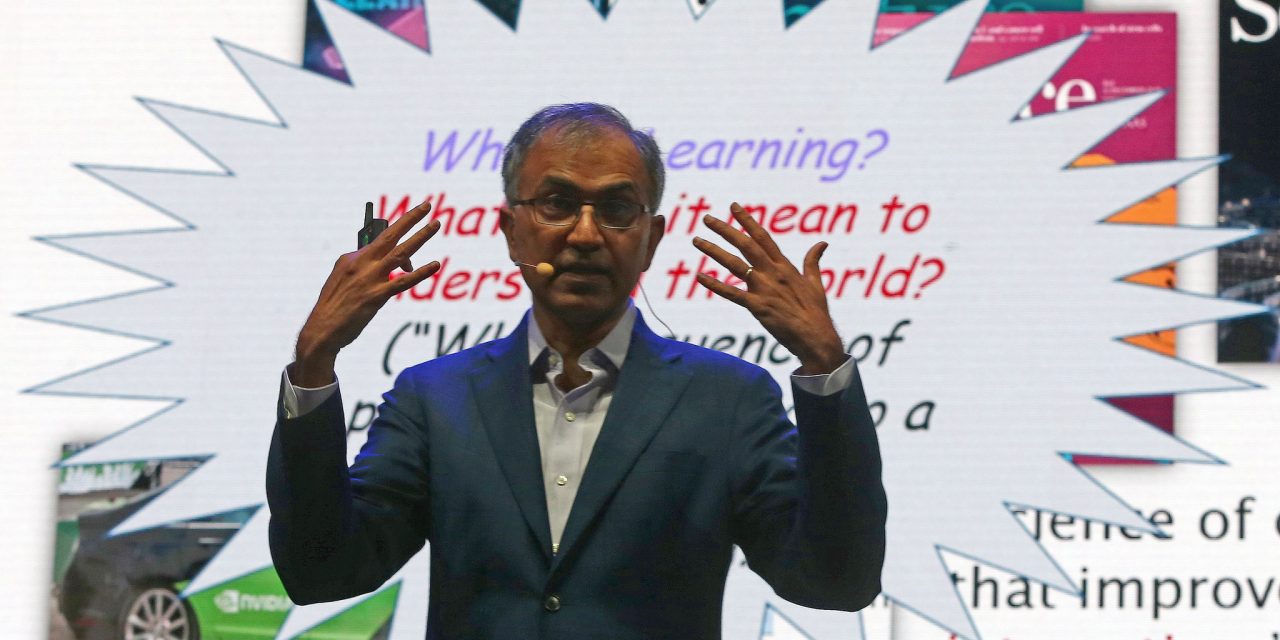August 7, 2018, 2:36 pm

Although deep learning is a relatively young discipline, around for less than eight years, mathematician Sanjeev Arora believes it is fast approaching a fundamental point in its academic and practical development for machine learning.
Arora’s many awards include the ACM SIGACT-EATCS Gödel Prize in both 2001 and 2010, as well as the 2012 Fulkerson Prize, the 2012 Simons Investigator Award in Computer Science and he is currently a Charles C. Fitzmorris Professor of Computer Science at Princeton University.
Read more:
In his plenary speech at the 2018 International Mathematics Congress, Arora said that machine learning may soon lead to progress for a range of academic disciplines from sciences through to humanities and the arts.
A sub-field of computer sciences which aims to create programs and machines, deep learning relies on mathematical optimization, statistics and algorithm design.
Unlike artificial intelligence, machine learning’s aim is not to mimic human thoughts and behaviors but to improve experience and interaction, Arora explained.
“The imitation approach has not worked so well in the past,” he said, giving the example of man’s first attempt to fly, building machines that mimicked the flapping of birds’ wings. Eventually, Arora explained, humans used jet engines – something which has little to do with what we can see in nature, but which succeeded in literally getting humans off the ground.
The professor, who also served as the Princeton Center for Computational Intractability’s founding director, researches areas including theoretical computer science, including computational complexity, approximation algorithms, geometric embeddings of metric spaces, and high-dimensional problems in machine learning.
While deep learning is currently approaching human levels in some areas, such as translation or driving, it has already surpassed human capacities in other areas, such as game-playing. But, Arora emphasised that the aim of deep learning is not to overtake humans. “The focus is on understanding learning,” he said. “What is learning, how do we learn and what does it mean to understand the world?”
In Newton’s time, people just accepted that things fell, but no-one asked why,” he said, adding that these fundamental questions of ‘why’ are deep learning’s research basis. He said that recent advances means that deep learning is almost where physics was when Newton was alive.
Arora was optimistic about future academic interest in the discipline. “Deep learning is a great way to motivate high schoolers for calculus,” he said. “A lot of high schoolers I know have already downloaded deep learning software and are playing around with it.”
With broad potential applications and interest for a range of generations, Arora says that many industries are interested in developing deep learning and machine learning, specifically the technology and business sectors. “This is a new frontier for mathematics and science,” he told the ICM audience of international mathematicians.